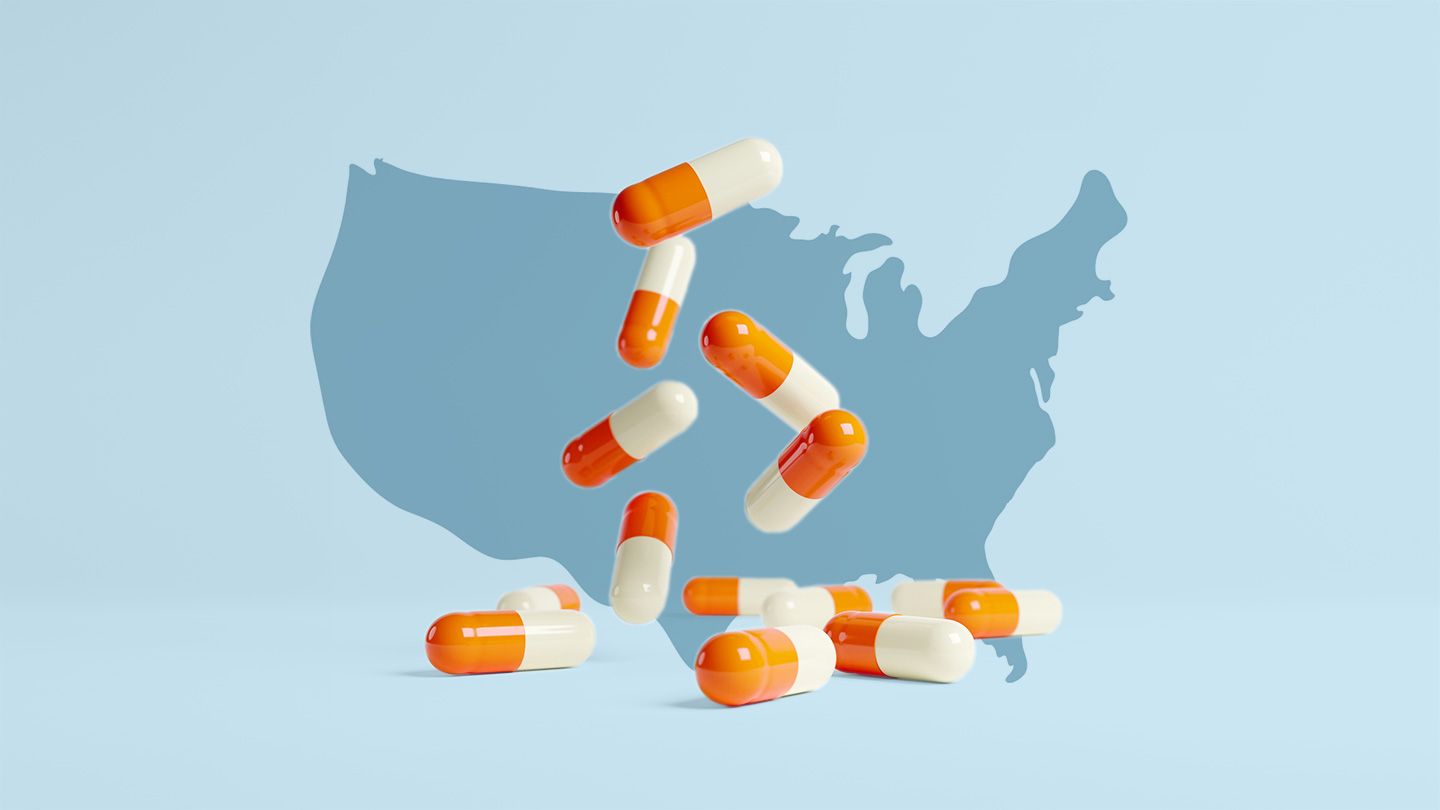Discussing Possible ADHD or ADD with Your Healthcare Provider
Attention deficit hyperactivity disorder (ADHD or ADD) affects over 9 million adults and children in America. However, less than 20% of adults with ADHD receive proper diagnosis or treatment. Speaking openly with your doctor addresses the first vital step for those coping with related issues.
Recognizing Common Adult ADHD Symptoms
ADHD symptoms fall within three main areas including inattention, hyperactivity, and impulsivity. Adults tend to experience the inattentive signs more prominently such as:
Difficulty Staying Focused
An inability to concentrate consistently makes it tough to finish tasks, follow conversations, or shift attention willfully. Multitasking challenges also frequently occur.
Being Highly Disorganized
Absentmindedness regarding responsibilities leads to frequently misplacing items, missing appointments, ignoring bills, and continually procrastinating.
Making Careless Mistakes
Rushing through details coupled with limited focus on accuracy results in small errors as well as reckless decisions with sometimes dire fallouts.
Forgetfulness and Mind Wandering
Difficulties recalling conversations, deadlines, or daily routines persist alongside an inner world of distracted thoughts during any attempted tasks.
Clarifying Questions to Ask Your Doctor
If coping with the above ADHD indicators, consider asking your doctor:
Could my symptoms indicate ADHD?
Explain any life impacts related to focus, organization, forgetfulness, restless tendencies, or impulsiveness. Inquire about diagnostic criteria.
What assessment tools screen for ADHD?
Tests involve examining medical history, gathering observational input from family members, ruling out other conditions, assessing cognitive functioning, and affirming childhood symptom onset.
How do I confirm an ADHD diagnosis as an adult?
Confirmation requires evidence of impairing ADHD indicators before age 12 as well as ongoing struggles. Your doctor considers feedback from parents or teachers also when possible.
What treatment options help manage ADHD?
Treatments incorporate prescription medications, behavior modifications, emotional support resources, practical organizational strategies, and academic or workplace accommodations.
Key Diagnostic Details for Doctors
When meeting with healthcare providers about ADHD likelihood, relay the following helpful specifics:
Childhood Signs
Parents may recall inattention, hyperactive, forgetful, emotional reactive, or defiant tendencies emerging early on.
Family History
ADHD frequently runs in families. Note any close relatives sharing comparable struggles.
Major Life Impacts
Academic underperformance, employment instability, financial disarray, traffic violations, relationship problems, addiction risk, low self-esteem, etc. require proper intervention.
Overlap With Other Conditions
Anxiety, depression, OCD, sensory issues, substance misuse, learning disabilities, sleep disorders often accompany adult ADHD as well.
Next Steps After an ADHD Diagnosis
If formal testing confirms an ADHD diagnosis, remain actively engaged with your medical team to establish an effective treatment regimen. Helpful next actions include:
Ask About Medication Options
Stimulants and non-stimulant pills help regulate attention and impulse control in most ADHD patients.
Note Lifestyle Adjustments
Modifying organizational habits, chemical intake, sleep hygiene, job duties can better manage ongoing impairments.
Identify Counseling Resources
Meet regularly with a therapist specializing in ADHD related struggles.
Pursue Cognitive Coaching
Brain training sessions build focus stamina and teach constructive coping strategies.
Join Local Support Groups
Connect over shared ADHD experiences plus exchange practical wisdom within community spaces.
Dont allow attention disorders to continue limiting major life opportunities. Speaking honestly with doctors regarding ADHD worries takes the first pivotal step towards proper assistance.
FAQs
What symptoms indicate I may have adult ADHD?
Common adult ADHD symptoms involve struggling with focus, organization, recall, following conversations, finishing tasks, controlling impulses, and forgetfulness or mind wandering.
How do doctors diagnose adult ADHD?
ADHD diagnosis involves assessments checking for early childhood signs, gathering observer input, ruling out other conditions, testing cognitive function, and identifying major life impacts related to symptoms.
What info is helpful to share with doctors about ADHD struggles?
Share any childhood signs, family history of ADHD, current symptom life impacts, and other conditions like anxiety or depression a formal diagnosis would need to consider as well.
What happens after getting an adult ADHD diagnosis?
After an ADHD diagnosis, ask your doctor about possible medications, beneficial lifestyle adjustments, counseling resources, cognitive coaching, and local support groups to create an effective treatment plan.
Disclaimer: This article is for informational purposes only and does not constitute medical advice. Always consult with a healthcare professional before starting any new treatment regimen.
Related Coverage
If struggling with possible ADHD symptoms, speak honestly with your doctor about medical and non-medical strategies to manage in a healthy, legal way....
From emotional dysregulation to executive function problems, ADHD bad days happen. But self-care, adjusting expectations, knowing triggers, and support help cope....
Practical CBT for ADHD techniques improve focus, cut procrastination, and create lasting habits for everyday success....
Coping with retinol irritation like burning, redness, dryness? Learn how long symptoms last, when to worry, and get aftercare tips to heal skin post inflammation....
This article explores whether the popular sports drink Gatorade contains concerning levels of toxic mercury. Learn about Gatorade's ingredients, manufacturing process and how to minimize mercury exposure....
Discover the potential link between chewing on objects and ADHD in children. Learn about oral fixation, the connection to sensory needs, and how to address this behavior with professional help and appropriate sensory outlets....
The Adderall shortage makes getting prescribed ADHD meds difficult. Learn reasons for the shortage, effects on patients, and techniques to cope until supplies increase....
Childress has a range of homestyle eateries like Boulevard Cafe serving comfort foods alongside fast food chains like McDonald's and Sonic for quick bites along Highway 287....
The Vyvanse shortage continues into 2024 and likely 2025 due to production capacity problems keeping pace with surging ADHD demand. Tips for coping and alternatives....
Emerging research explores whether intermittent fasting diets could help support brain health and relieve ADHD symptoms in children. Learn the potential benefits and risks....








